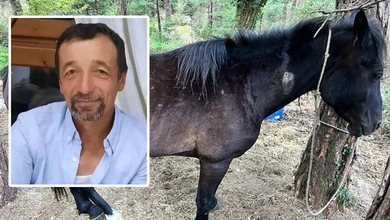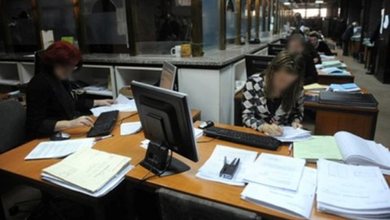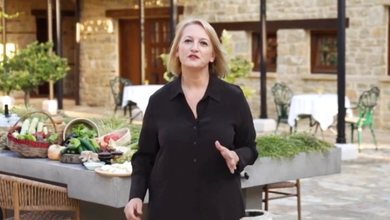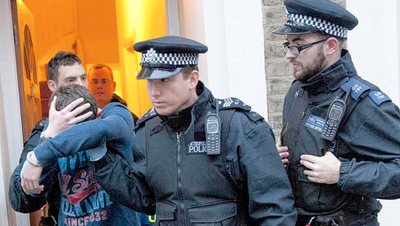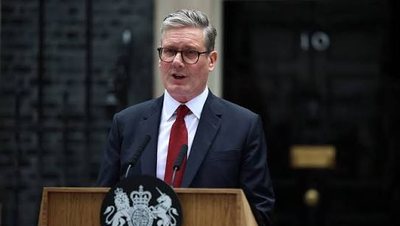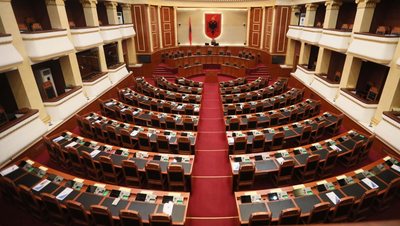
Six months after TikTok was banned, even one of Prime Minister Edi Rama's closest allies continues to use it.
While awaiting trial on charges of corruption, money laundering and concealment of assets, Tirana Mayor Erion Veliaj, who is in prison, regularly posts videos on the app from his cell.
And he is not the only one using a VPN to bypass the 12-month ban imposed by Rama's government in March, following the stabbing death of a 14-year-old boy in December 2024, following a series of conflicts on social media.
The same goes for Tirana journalist Ilir Karabrahimi, who regularly posts about tourism to his more than 23,000 followers.
Although he has noticed a drop in views, when asked if the ban has been effective, Karabrahimi stated firmly: "Absolutely not."
“I think it was for electoral purposes; at the moment, there are videos circulating on TikTok of the (former) mayor of Tirana in detention,” he said.
"TikTok helps create and promote businesses and tourism. Some restrictions and other policies may be imposed on its use, but not closure."
No word on the promised filters
Rama's 12-month ban on TikTok came into effect just two months before the elections, in which the Socialist Party won an unprecedented fourth consecutive term in government.
He said the decision was not made "in haste," but was based on a survey of about 65,000 parents, 90 percent of whom - according to Rama - had called for TikTok to be shut down.
However, within a few hours, one of the companies providing VPN services in Albania announced that their use had increased significantly.
“On March 13, Albania ordered internet providers to block #TikTok,” Proton VPN wrote on X, formerly Twitter. “#ProtonVPN usage has increased by 1,200% above average and this number continues to grow as Albanians demand access to an open and free internet.”
Meanwhile, the government has yet to announce concrete measures to regulate the use of TikTok by teenagers in Albania, although it had previously stated that it would use this 12-month period to collaborate with TikTok in identifying filters that would "prevent the promotion of unwanted behavior."
“Personally, I think drastic bans are not effective,” said Ermelinda Hoxha, a journalist and parent who campaigned for more safety in schools after the teenager’s stabbing death in December.
"More structured measures need to be taken, data protection must be guaranteed, but also the protection of children and adolescents from violent content on TikTok, but not only that, because digital education for safe content is also needed."
Hoxha also referred to the political background of Rama's detention, noting that this happened "just before the general elections."
Challenge in court
Asked about the results of the work with TikTok on new measures to filter "unwanted" content, the Ministry of Education in Albania did not provide an answer.
"We currently do not have any concrete analysis from Albanian institutions regarding how effective the shutdown of TikTok has been to this point," said Isa Myzyraj, head of the Albanian Journalists Association (AGSH).
The association has appealed against the ban on TikTok to the Constitutional Court, which has announced that it will review the government's decision in a public hearing.
“If the government had a serious plan, it would conduct a concrete analysis to support its decision and present concrete results,” Myzyraj told BIRN.
"In my opinion, the shutdown of TikTok has had no effect; you just have to look at social media to understand that all TikTok users have either moved to other apps like Instagram and YouTube, or accessed TikTok through a VPN."
Myzyraj said that AGSH expects the court to rule in its favor "and thus protect democracy and freedom of expression."
"That decision will be an important precedent not only for our country, but also for other countries and for all governments that dare to restrict the right to expression and freedom of access to the internet."/BIRN


